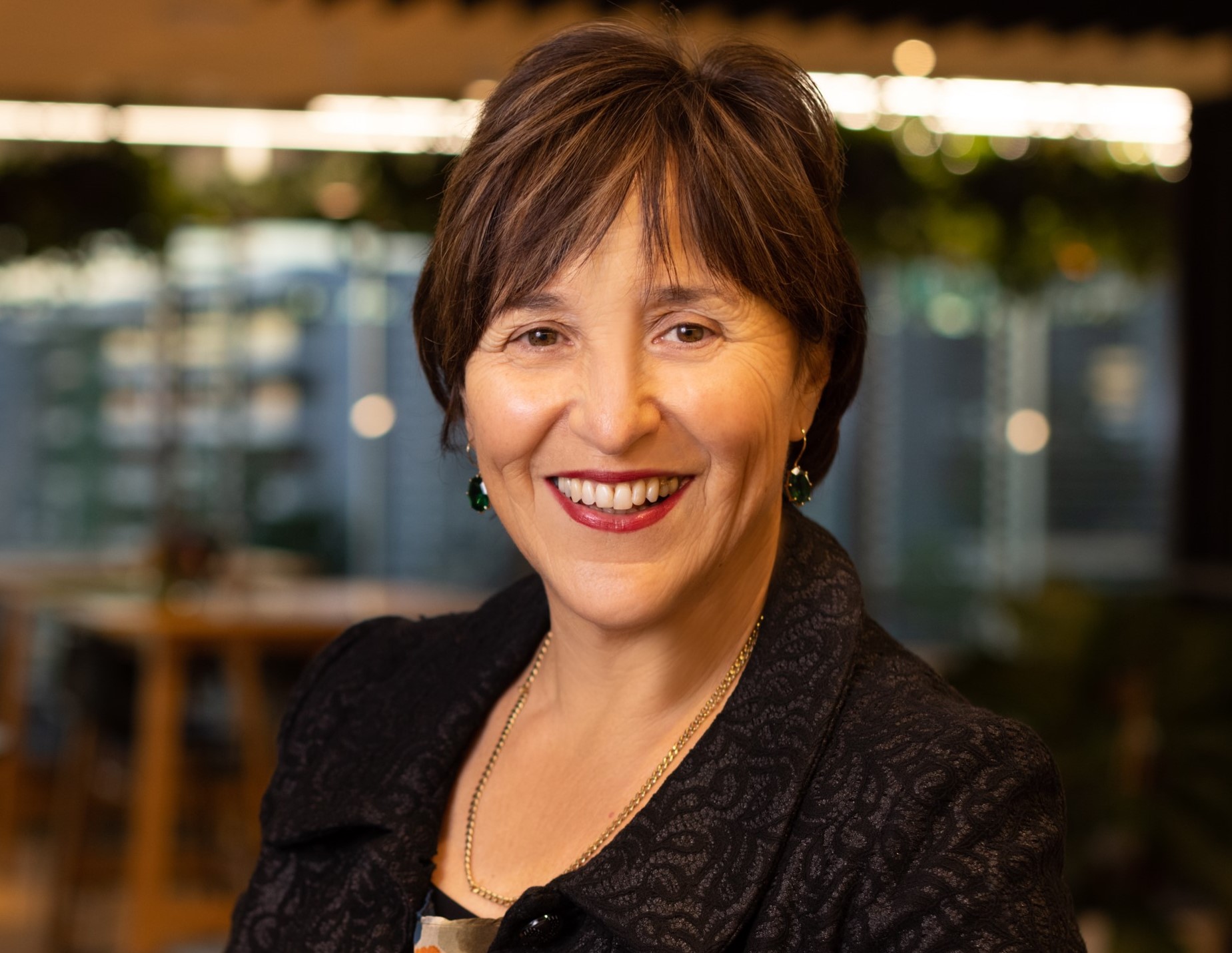Beyond ‘tokenism’: how businesses can embrace Te Reo Māori
Over the past decade, there’s been a social push across Aotearoa New Zealand towards normalising the everyday use of Te Reo Māori, and with good reason. It’s an integral part […]
Over the past decade, there’s been a social push across Aotearoa New Zealand towards normalising the everyday use of Te Reo Māori, and with good reason.
It’s an integral part of our cultural heritage, our national history, and, right now, it is in real danger of being lost. Significant, focused measures must be undertaken to keep it alive.
For businesses, this means going beyond ‘tokenism’ or ‘window dressing’ and embracing the use of Te Reo Māori in everyday activities, transactions with customers and interactions between staff.
For years, we’ve been greeted on Te Araraurangi-Air New Zealand flights in both English and Te Reo Māori. In recent times, many other NZ-based businesses and government organisations, too, have begun incorporating Te Reo into their everyday activities in an effort to display diversification and inclusion, but more can be done. The good news for business is that embracing Te Reo Māori will have benefits both in the workplace and our wider community.
Of course, cultural inclusion is not without its challenges. Recent research compiled by AUT’s Te Ipukarea The National Māori Language Institute and the New Zealand Work Research Institute for Te Taura Whiri i te reo Māori (Māori Language Commission), suggests organisations which incorporate te reo me ngā tikanga Māori (Māori language and cultural practices) benefit from improved cultural and job satisfaction. This leads to a positive impact on the bottom line.
In specific dollar terms or the potential ‘opportunity cost’ of not being relatively proficient in Te Reo Māori or, at the very least, having a team who is, is considerable. A report by commercial law firm Chapman Tripp has valued the Māori economy at NZ$50 billion, and growing. The firm predicted the value will increase and become more diverse once all Iwi and Hapū finalise their treaty settlements.
Facing the challenges in business
The comprehensive AUT and New Zealand Work Research Institute report shows that one of the key barriers many organisations face in their efforts towards cultural inclusion is the ‘fear of getting it wrong’. This is perfectly natural. Mispronunciations and miscommunications are part of the learning process – the key for organisations to successfully traverse this barrier is to develop safe spaces within their organisations where the language and cultural practices are actively encouraged by leadership to be used in all daily activities. A number of ways some businesses are achieving this, is by aligning their company values with principles from Te Ao Māori (The Māori World) and Te Tiriti o Waitangi and investing in professional development for their staff from reputable providers.
Other challenges do exist however. Medical Assurance Society (MAS) has been ambitiously considering the goal of translating all of its policies into Te Reo Māori. Not all of the required terminology exists in the traditional Māori language however, so this not an easy task.
But challenges shouldn’t be an impediment. All organisations are different and they need to understand where their own potential resides, and do what they can to embrace the indigenous culture of Aotearoa New Zealand.
To that end, spurred on by the New Zealand Government’s pledge to ensure one million people in Aotearoa New Zealand are able to speak basic Te Reo Māori by 2040, businesses are being urged to initiate, maintain and expand their efforts.
Kura (schools) will lead the way
As of next year, the Aotearoa New Zealand school curriculum is undergoing its biggest change in a generation, with Aotearoa Histories and language being included for years 1 – 10. This in itself is a significant leap forward for our country and education system, but also a time of high apprehension for many, in particular our educators and parents.
New Zealand ed-tech company Education Perfect (EP) has developed 24 introductory lessons for schools, covering key moments and significant events of Aotearoa New Zealand, spanning topics from the Polynesian migration across the Pacific, the arrival of Māori ancestors to Aotearoa, life in pre-colonial Aotearoa through to the signing of Te Tiriti o Waitangi and its short and long-term impacts on our society.
Additionally, there are dedicated resources and professional development initiatives for those teachers moving into this space. These interactive lessons have been welcomed by EP’s vast community of users, with the majority requesting a full build to accompany the curriculum’s requirements.
Education Perfect has the ability to scale their resources and access to their platform quickly, but needs the support of the New Zealand Government to achieve this.
The company also recently developed and is testing resources for businesses which enable adults to learn in their own time, at their own pace, or via group training.
Alex Burke (pictured), CEO of Education Perfect, says the company is passionate about playing a major role in scaling Māori language and cultural education in the schooling system, in the professional world and for every Kiwi. “But, ideally, we need support from our government to achieve this goal in a quick time frame. We strongly believe that with our technology and government support, we could help accelerate their Māori language goal set for 2040.”
With an emphasis on businesses educating professionals and schools teaching children, there is real potential for the family to become the ‘hub’ of social change.
Te Rau Winterburn, Head of Māori Initiatives at EP, had this to say about their Te Ao Māori for Professionals course, “I think one of the highlights for me is hearing stories from business professionals who also happen to be parents engaging in our Te Ao Māori course with their kids at home. The parents practice their Te Reo Māori pronunciation with their kids while learning about our country’s heritage together. That’s pretty special and a principal motivator for many of our adult users.”
Not only that, by educating professionals too, businesses can fulfill their obligations to social responsibility – positively influencing change within the community.
50th Anniversary of Māori Language Day
To celebrate Māori Language Week, Education Perfect is also launching the largest online Māori language competition, with challenges available for everyone – school students, business professionals, and everyday New Zealanders – this reiterates EP’s commitment to furthering the everyday use of Te Reo Māori.
“Reinvigorating Te Reo and Tikanga Māori, Māori language and customs is not just about preserving history,” adds Winterburn, “it is also about creating opportunities for whanaungatanga, creating connection and building relationships as a nation.”
Article supplied by Education Perfect.






